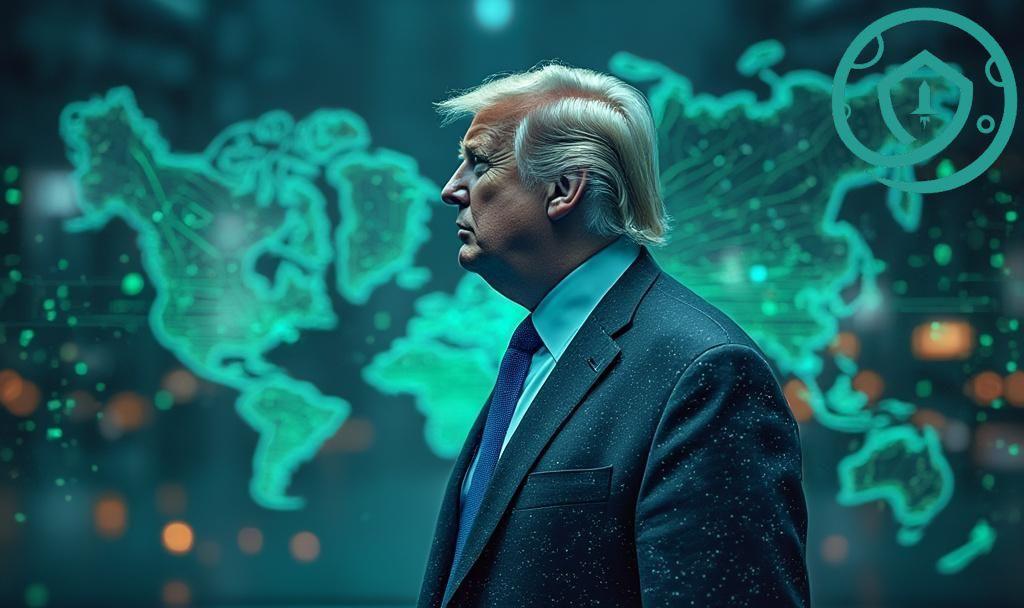
- President Trump’s tariff letters target multiple nations.
- Trade policy may alter global market conditions.
- Potential for increased trade tensions worldwide.
President Trump’s action may escalate trade tensions, affecting global economic relations and market stability.
The plan from President Donald Trump involves sending 12 tariff letters to various international partners. Previous similar measures have sparked trade tensions and disturbed market stability worldwide.
Key players in this initiative include President Trump and Secretary of Commerce Howard Lutnick, who confirmed the deadline for these letters. The strategy underscores Trump’s ongoing focus on negotiating trade terms aggressively.
Countries receiving these letters may experience immediate trade disruptions, potentially affecting industries dependent on smooth cross-border transactions. Market reactions remain speculative, though historically, such moves have led to fluctuations in trading conditions.
Financially, economies might face pressure as budget planning and investment strategies adapt to new tariffs. Political discussions could intensify as governments contemplate responses to U.S. tariffs, potentially impacting diplomatic relations.
Future financial outcomes are speculative; historical trends indicate potential market volatility. Analysts suggest markets could adjust once the full details of measures become clear. Key industries might see enhanced regulatory or technological shifts as governments react.
“We are putting tariffs in place by August 1 if we do not reach fair trade agreements with several countries.” — Donald Trump, President, United States



